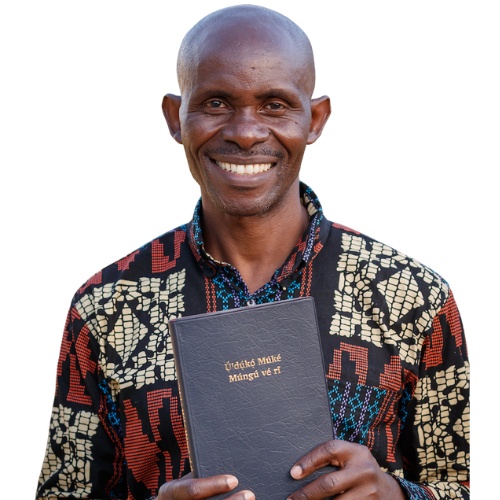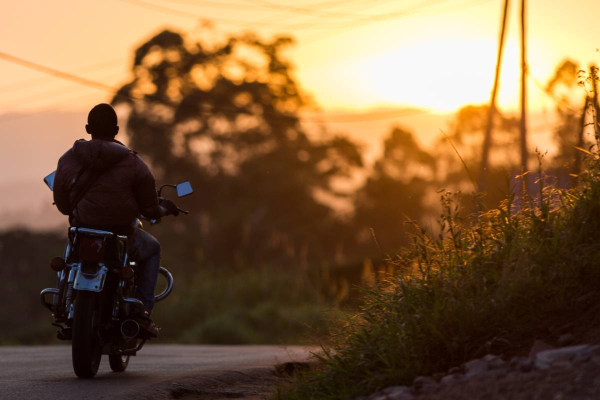How God Used Suffering to Bring His Word to the Baka People
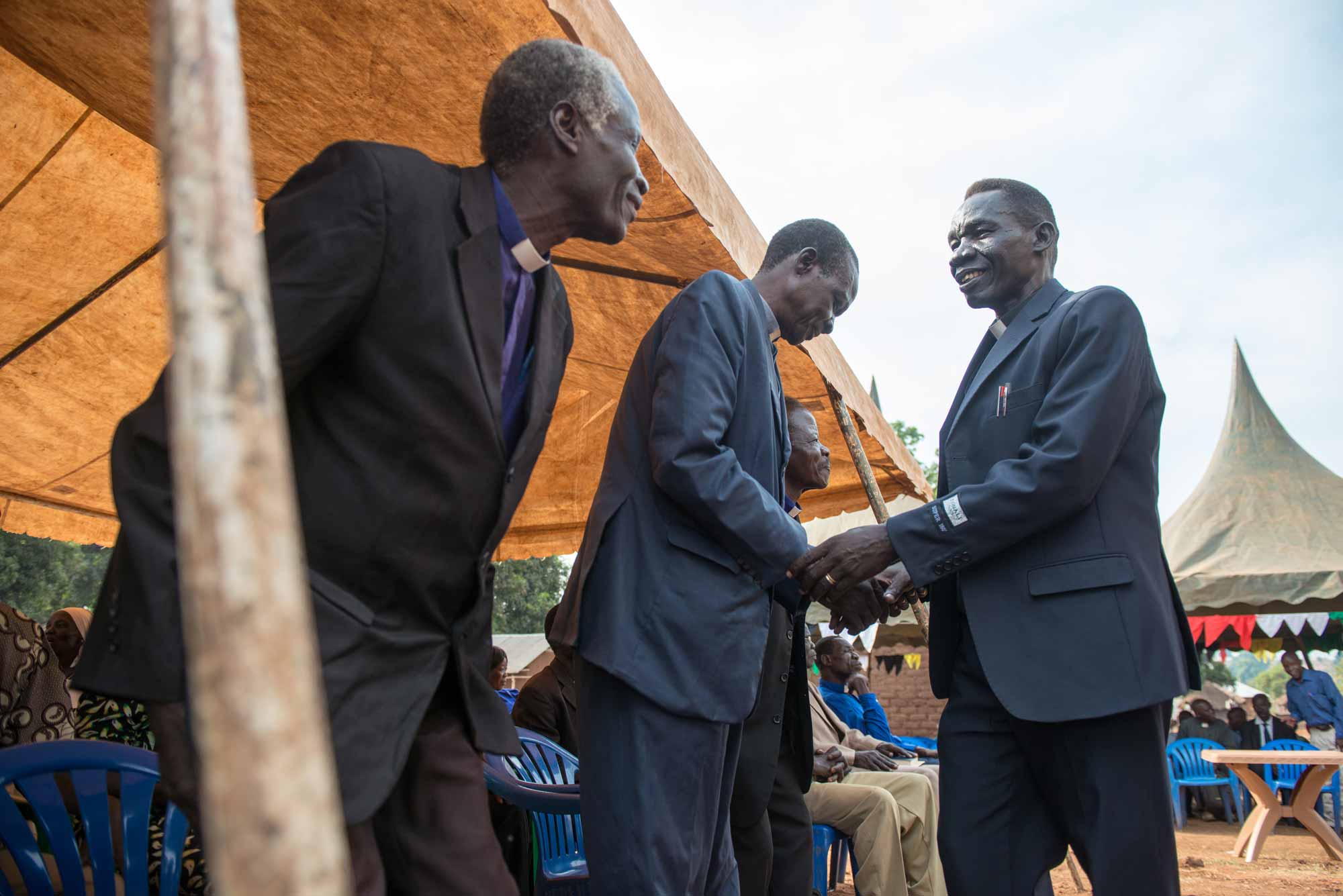
Finding True Blessings on the Other Side of Suffering
Mourning is an inevitable part of life. Whether young, old, rich or poor, none of us can escape the pain of suffering and loss.
Jesus Himself, the “man of sorrows,” was grieved by many things on earth. In His Sermon on the Mount (Matthew 5-7), He challenged our notions of grief. Not only is mourning to be expected, but as believers, when we mourn we are blessed.
That can be tough to accept. When we’re mourning the loss of a loved one, grieving our own sinfulness or suffering deeply for the sake of God’s Kingdom, it’s hard to see past our pain. Sometimes we need an example of someone who, as Isaiah prophesied about Jesus, moved past suffering to “… see the light of life and be satisfied” (Isaiah 53:11, NIV).
A Life Marked by Trials — And God’s Calling
Pastor Bennett Marona has had countless reasons to mourn. As a South Sudanese man working in ministry, he knows what it means to persevere through trials and suffering.

As the world’s youngest country, South Sudan had a tumultuous start. It was born in 2011 out of one of the longest civil conflicts in recorded history. This is where Pastor Bennett calls home.

Fleeing With a Purpose
Bennett speaks Baka, a language used by about 26,000 people. He got started in Bible translation in 1992, the same year Wycliffe linguists Doug and Anne Sampson joined the Baka New Testament translation project.
The Baka project had actually begun years earlier with Wycliffe missionaries Kirk and Carla Parker doing literacy and translation work. Previously, Baka had never been written. But the project stalled due to increasing instability caused by Sudan’s civil unrest. The Parkers returned home, and thousands of Sudanese, including Bennett’s family and the Baka community, were forced to evacuate to the Democratic Republic of the Congo (DRC).
“My family and I, we walked for seven days, walking day and night, day and night,” he said. “There was no food; many children died on the way because of thirst and hunger.”



Then one night, about halfway to the DRC, while they were sleeping hidden outside, Bennett heard gunshots. As the crowd fled in panic, he heard a voice directing him to take a different route — a route that saved his life.
Later he learned that hundreds of those who’d gone the opposite way had run directly into an ambush and been killed.
Again and again, God led Bennett through the rest of the journey this way. “Whatever direction I thought of going, we’d go there safely,” he said.
Eventually, Bennett’s family settled into a refugee camp near Dungu, where the Sampsons were living. Bennett stayed in town to continue working on Baka literacy and the New Testament translation with Doug.

Risking Everything to Bring the Bible to the Baka People
Before long, chaos erupted again. Local soldiers, angry over unpaid wages, decided to loot the town and started shooting in the market near the translation office.
Bennett and Doug ran back to meet Anne at the Sampsons’ home. They just managed to hide the translation work and equipment through a loose panel in their ceiling before the soldiers arrived at their door. The soldiers shot a hole through the roof of their veranda, demanding that the Sampsons open up.
Doug and Anne moved into the refugee camp with Bennett and the other Baka refugees shortly after that, hoping it would be safer. But one night more soldiers crept into the refugee camp.
“When the shooting started, Pastor Bennett and some other guys, without even thinking, grabbed their bows and arrows and came running to our compound to protect us,” Anne said. “They were willing to risk their lives for us. That really touched us.”

Protected for a Purpose
At one point when the conflict made it impossible for the Sampsons to remain in the refugee camp, Bennett and a fellow Baka rode bicycles for 200 miles to meet with them at a safer location in Uganda.
Then one day, armed soldiers kidnapped Bennett from the translation office in the DRC. He was one of nine people held captive. Each night, the soldiers killed one of the prisoners. Bennett awaited his own fate until he was the only prisoner left.
“One of the soldiers said, ‘Pastor, come. The commanders are calling you,’” Bennett remembered. “I thought, ‘They’re going to kill me … just like they killed the others.’” But with no explanation, the soldiers let him go.
“It’s hard for me to know why I was not killed,” he said. “Truly, God chose me to be a translator.”
Bennett saw his survival as God’s confirmation of his calling:
“Bringing the Word of God to my people is more important to me than all other things. I want them to hear God’s voice with their own ears. All the time I prayed, ‘God, speed this work so that they have a Bible and read Your words, so that they go to heaven when the time comes for them.’”

Facing trial after trial, Bennett demonstrated his commitment to the task God called him to complete, his dedication to the Sampsons and his willingness to sacrifice his life for their shared mission.
Bennett’s journey shows what trust looks like when fear could easily take over.
If you’ve ever wrestled with what faith looks like in the face of fear — especially when life feels uncertain — this reflection explores what God offers us when we let go of fear and cling to His promises.
Instead of Fear: What God Gives When You Let Go of Fear
A 30-Year Prayer Answered: The Baka New Testament Celebration
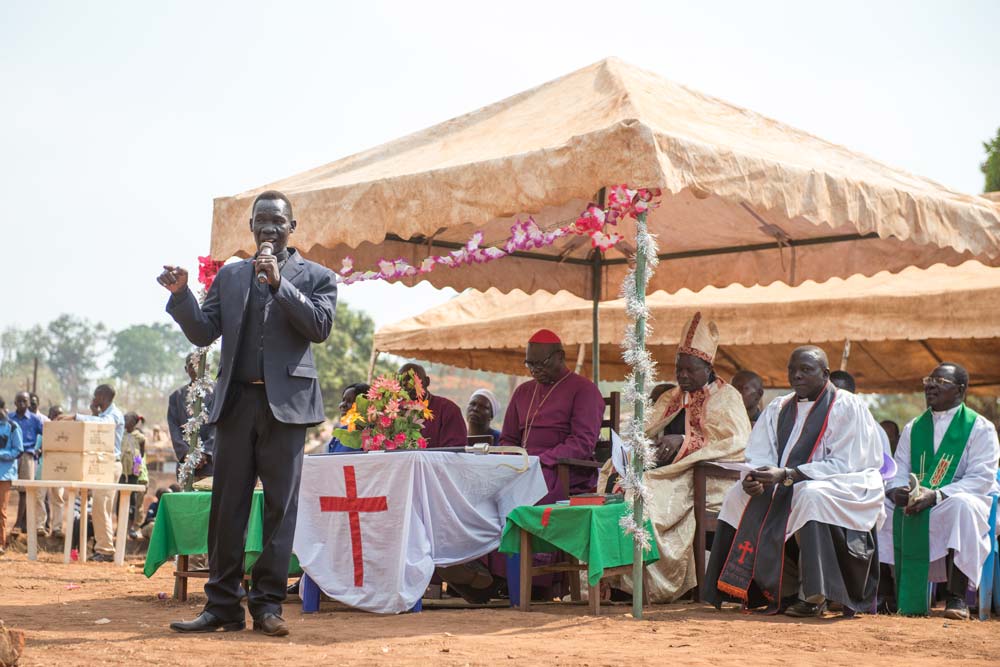
Finally in March 2017, Bennett’s prayer for the Bakas was answered. After more than 30 years of perseverance, thousands of Baka speakers came together to dance, sing and experience the Word of God in their language at the Baka New Testament dedication.
“Now that the whole New Testament is out, thousands of Bakas are going to say, ‘Hallelujah! Praise the Lord!’” he said. “I see every Baka community member as my biological child. I love them.”



His favorite part of the day was when the boxes of New Testaments were opened, and hundreds of his fellow Bakas rushed forward to get their copies.

“At that time, I forgot all the challenges I went through,” he said.
In that moment, the decades of labor and hardship bore fruit. The Baka New Testament — once only a dream — was now real, read aloud, sung and held close by the people it was meant for. Bible translation had done more than preserve a language; it had planted a legacy of faith.
A Blessing in Mourning
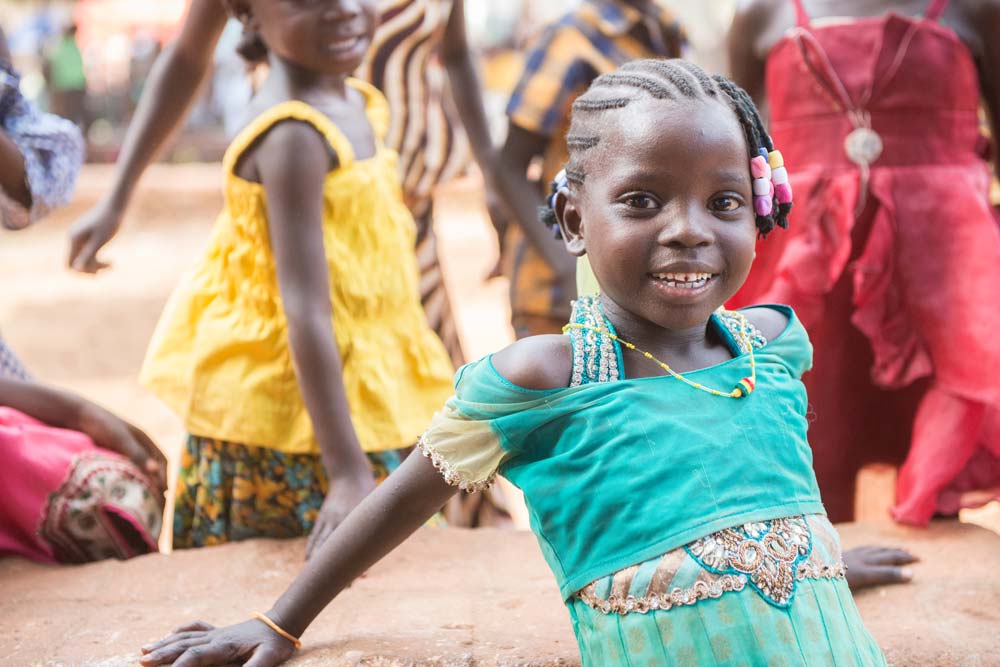
Would you say that Bennett is blessed? He and the Baka community have certainly done more than their fair share of mourning: witnessing violence, being forced to evacuate from one country to the next and losing every worldly possession in the process.
Yet through all of it, God’s Word was their hope.
“Whenever I sit at the desk to do translation, it’s like I’m sitting with God at the same desk; we are facing one another,” Bennett said. “There’s really no benefit like what I get from translation.”
God’s Word tells us to count it joy when we face trials, because this produces steadfastness (James 1:2). Bennett’s relationship with the Lord grew deeper because he has remained steadfast in Bible translation.
Want to Go Deeper Into This Story?
Watch the full 10-minute video about Rev. Bennett Marona and the Baka community — from fleeing unrest to the celebration of God’s Word.
It’s a powerful reminder of how joy can rise from even the deepest suffering.
Watch the full journey to the gospel in Baka.
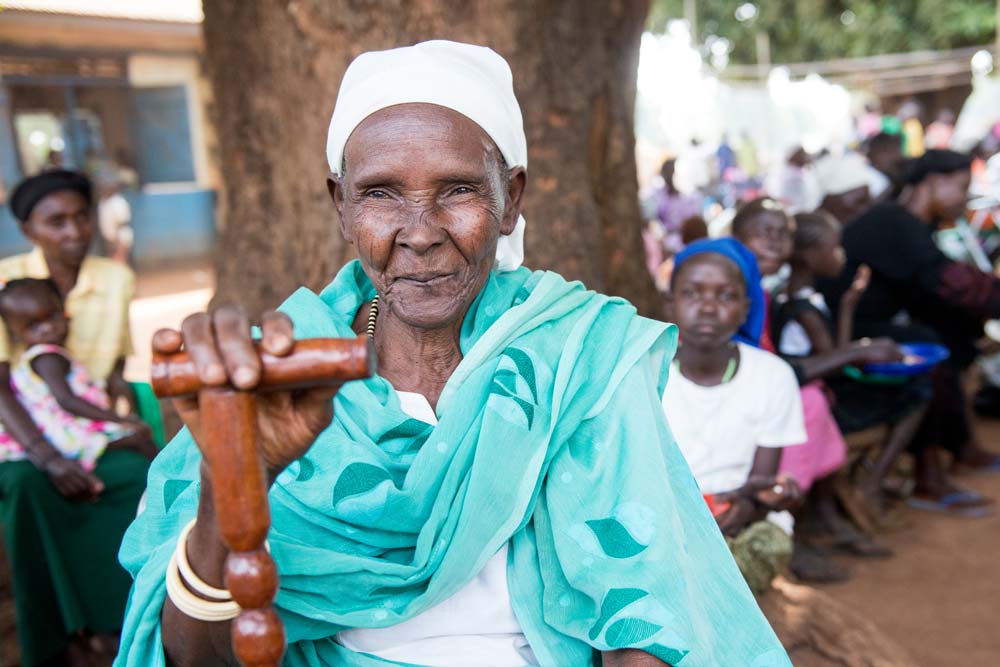
Help Accelerate Bible Translation
Your gift to Wycliffe’s Worldwide Projects Fund equips us to say “yes” to urgent Bible translation needs, ensuring no project slows down or stops due to lack of funding. Partner with us to keep translation teams moving forward, bringing God’s Word to those still waiting.


